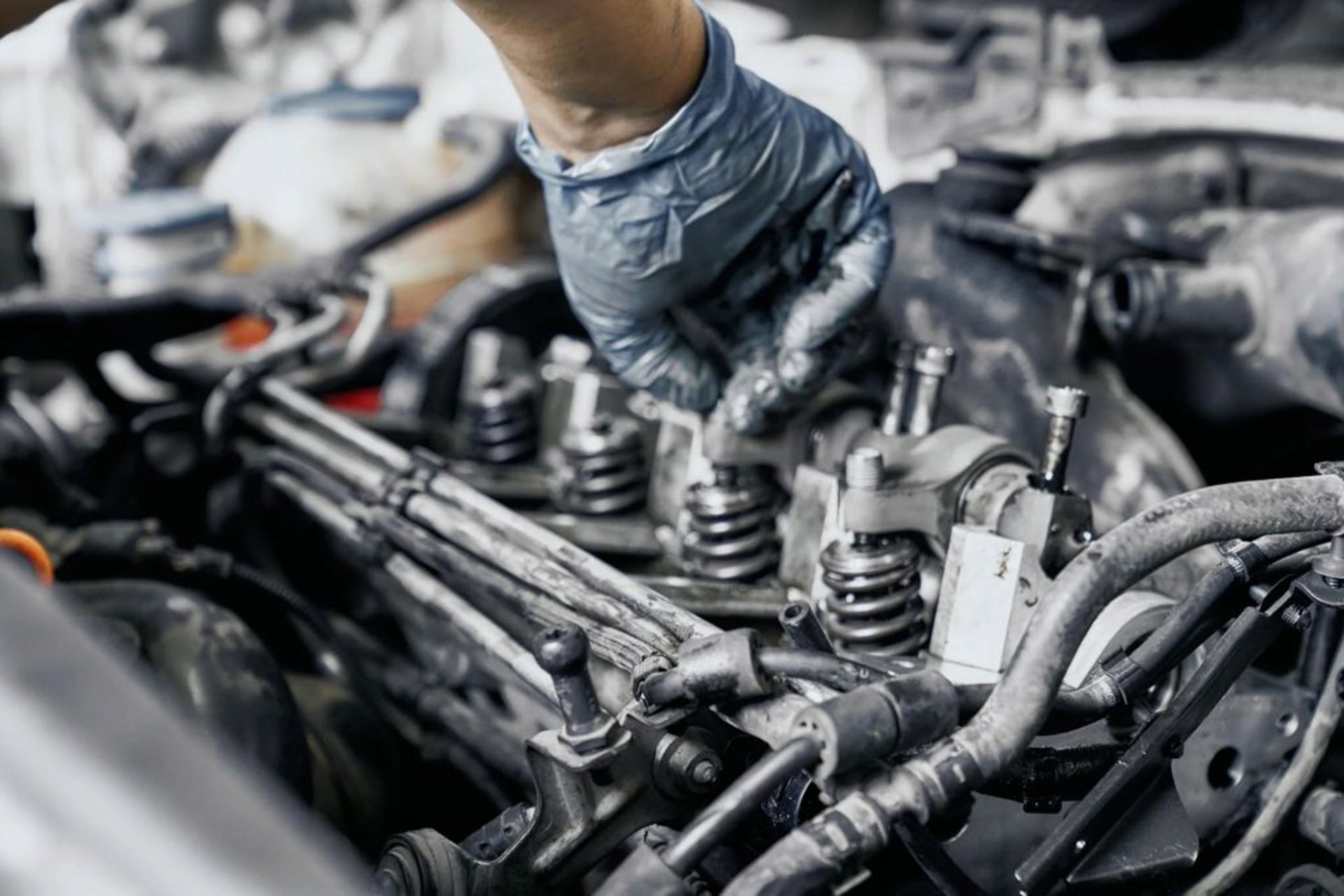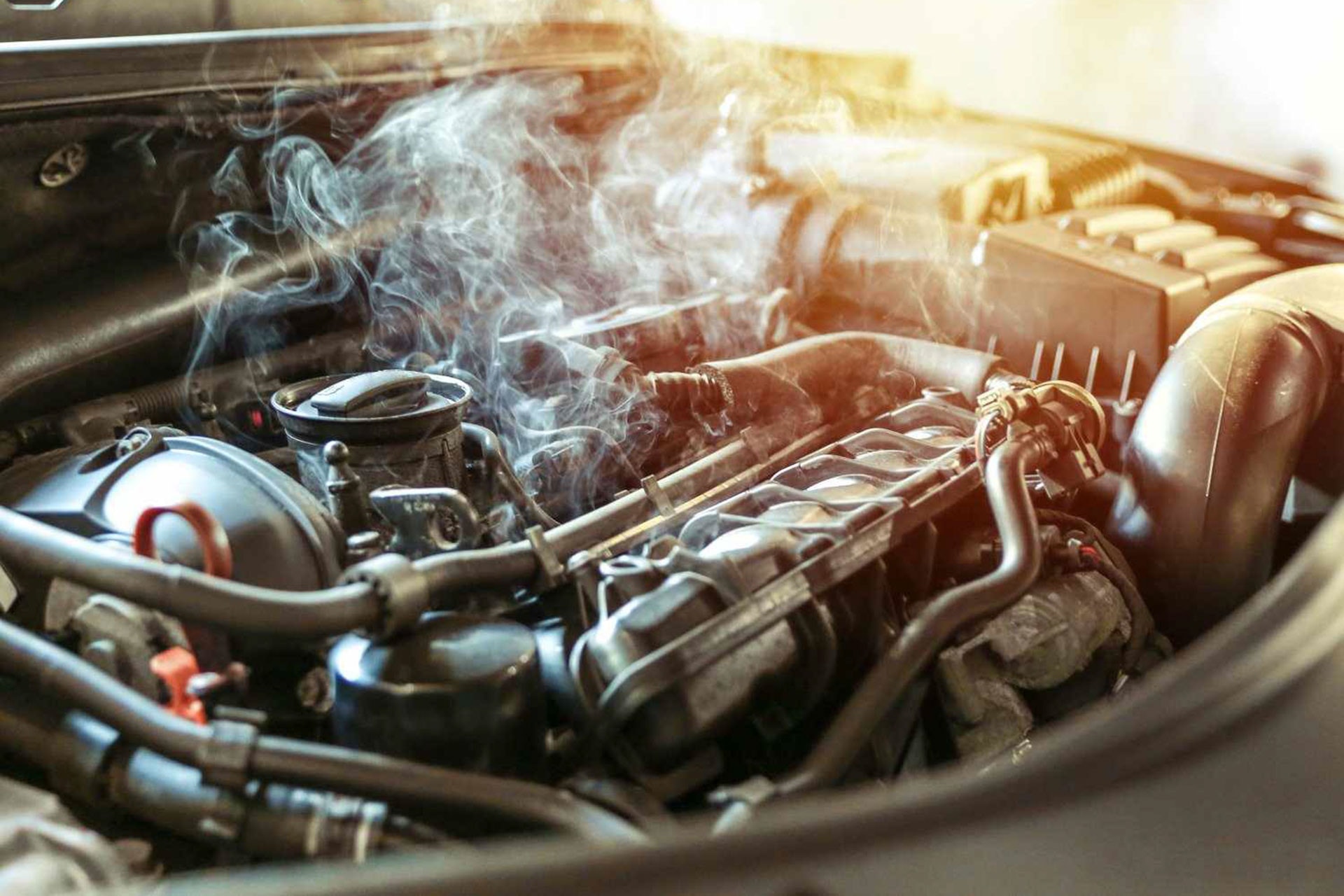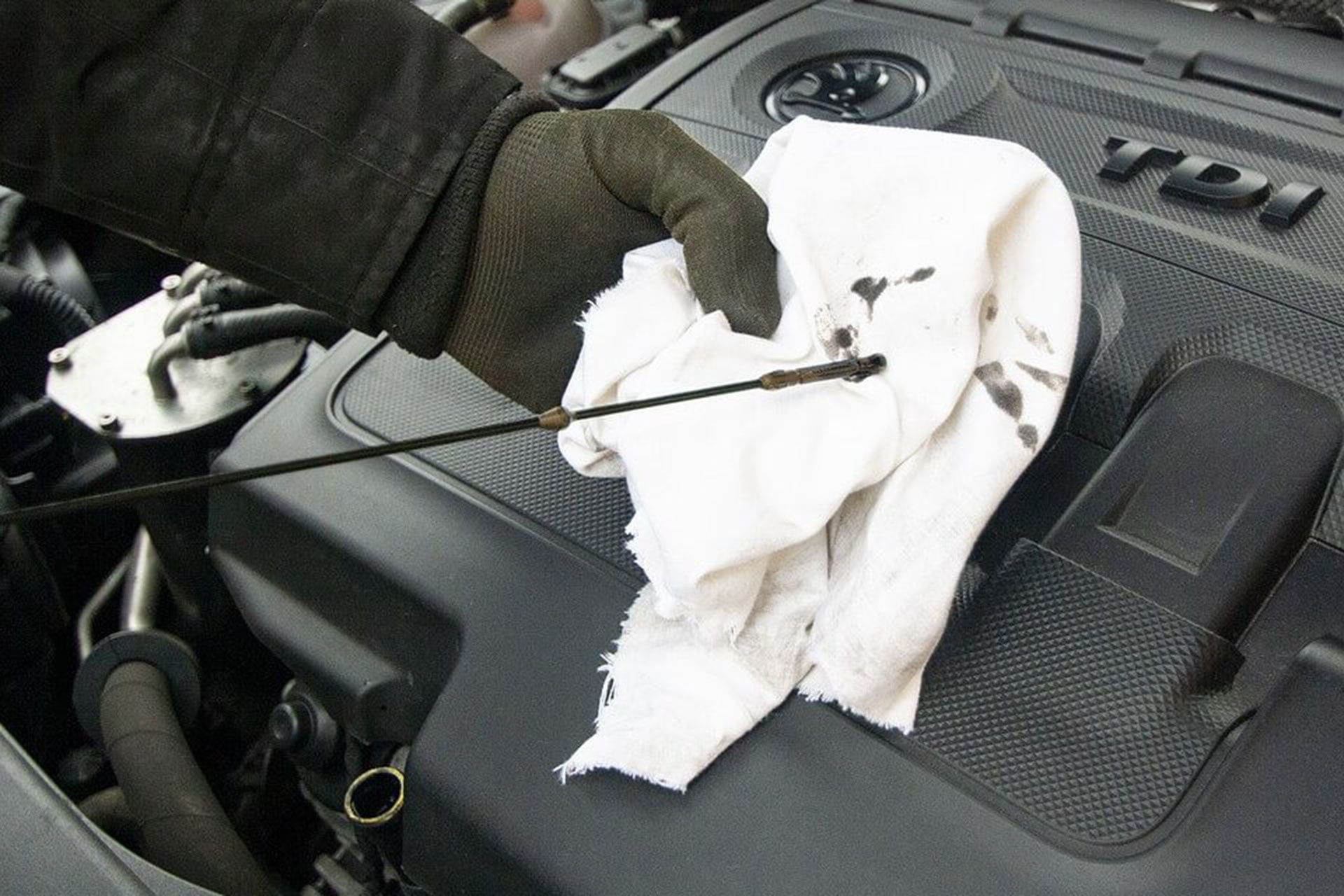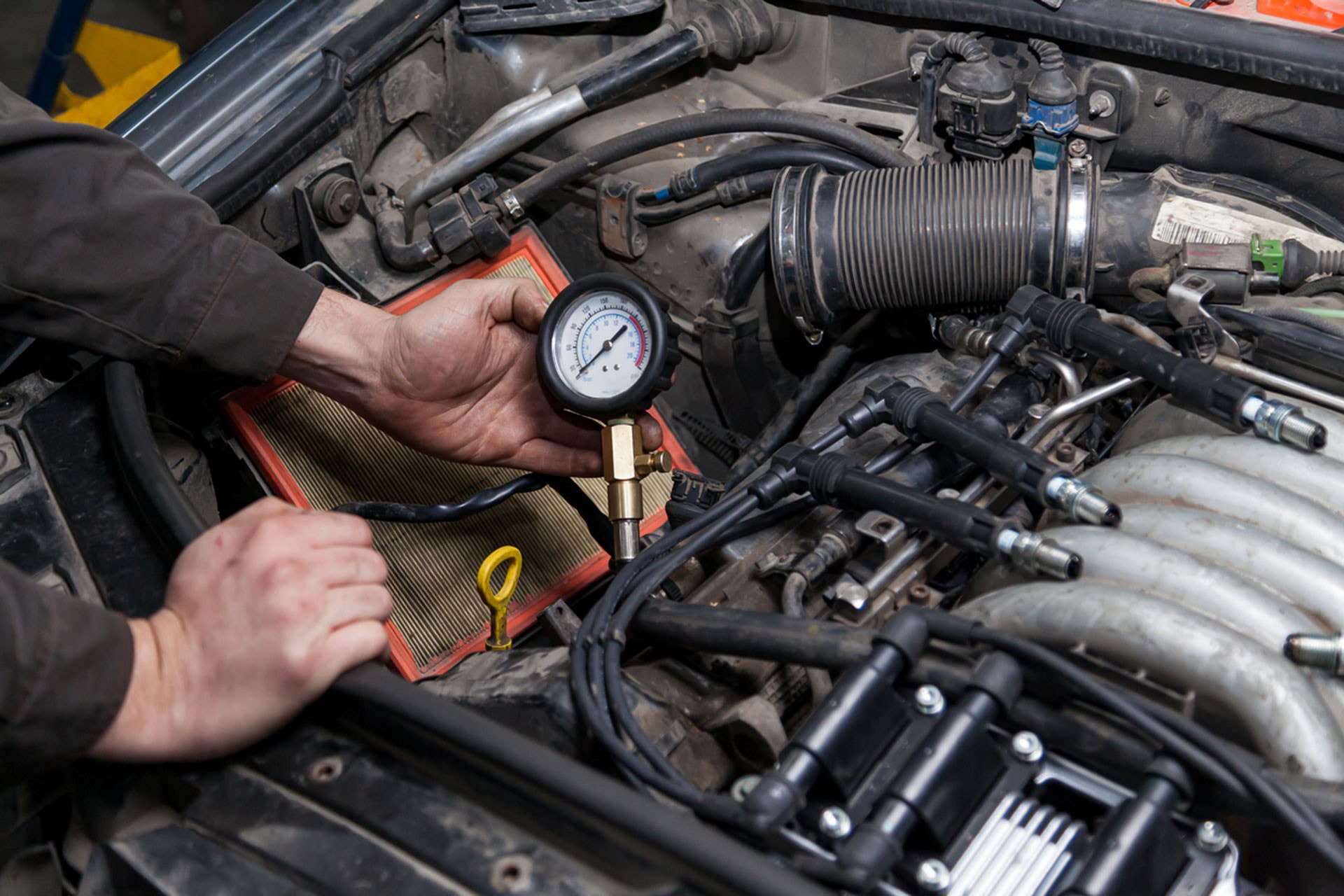How to know if your car is having problems due to engine oil loss
Engine oil loss during operation can cause serious consequences for the vehicle's engine. Therefore, users need to understand the signs and symptoms of engine oil loss.
Below are some ways for users to recognize that the engine is showing signs of damage due to oil loss and steps to prevent this problem.
Immediate symptoms of engine oil shortage

One of the most alarming signs of engine damage due to low engine oil is a loud knocking or rattling noise coming from the engine compartment. Another sign that your engine is burning oil is more smoke than usual, especially blue smoke coming from the exhaust. This smoke is usually the result of engine oil being burned and then expelled through the exhaust system.
Additionally, low engine oil levels can significantly reduce engine power and performance. The engine may experience difficulty accelerating, lack power, or misfire. This is because the engine cannot operate optimally without adequate lubrication.

An overheating engine is another serious symptom. When the engine is not properly lubricated, it can overheat, causing significant damage to internal components and causing the temperature gauge on the dashboard to rise. Unusual smells, such as burning oil or a metallic grinding sound due to excessive friction, can also be signs of engine trouble.
Visual inspection
To tell if your engine is running low on oil, one of the first things to do is check for signs of oil leaks. Look for black stains or puddles on the ground, especially around the engine, oil pan, and transmission areas.

Another important warning is the presence of metal filings in the dipstick. This indicates severe internal engine wear. Additionally, a visual inspection of the engine can reveal cracks or warping of the engine block, as this is a sign of serious engine damage that requires major repairs or even a replacement.
Using machines for diagnosis
Diagnosing engine damage caused by low oil levels requires specialized tools and procedures. Professional mechanics often use compression tests to evaluate the condition of the engine's cylinders, to determine if the valves, rings, and pistons are sealing the combustion chamber. Low compression can often be traced to leaking valves.

Oil analysis can also provide valuable insight into the condition of an engine. By checking engine oil for contaminants, metal particles, or signs of excessive wear, a mechanic can identify potential problems and assess the severity of the damage.
Camera endoscopy can be used to visually inspect internal engine components. This allows the mechanic to identify specific areas of damage, such as scuffed cylinder walls or worn bearings.
How to prevent engine damage due to loss of lubricating oil?
- Change oil regularly:Maintaining regular oil changes is important to ensure engine performance and longevity. Following the manufacturer's recommended oil change intervals will keep your car's engine lubricated and prevent excessive wear.

- Monitor oil level:Regularly checking the engine oil level is essential to prevent engine damage due to lack of oil. Use the dipstick to measure the oil level, making sure the oil level is between the “Full” and “Add” marks.
- Handle oil leaks promptly:Checking for engine leaks is another important step in preventing engine damage. If you find any leaks, have them addressed immediately to avoid further oil loss and potential engine damage.





